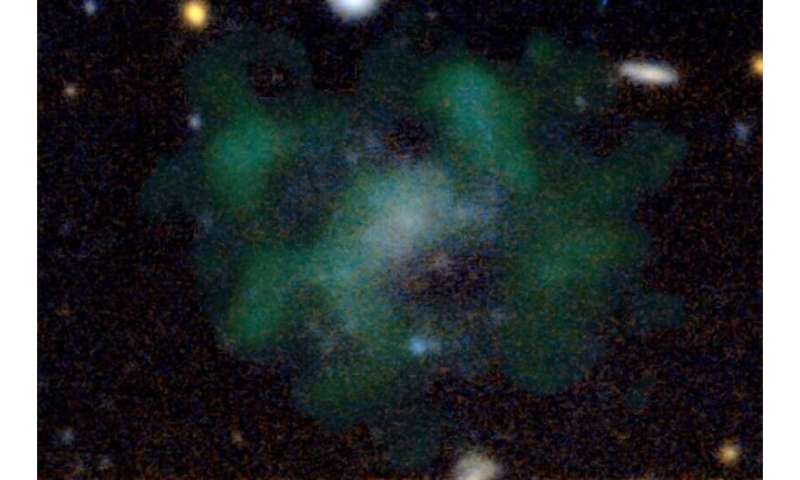Best of Last Week – Dark-matter free galaxy, OTC medicines for COVID-19, sleep habits' impact on cognitive skills

It was a good week for space science as a team with members from several institutions in Japan found that a young, sun-like star, may hold warnings for life on Earth. The star, named EK Draconis, ejected a massive burst of energy and charged particles. If our own sun did the same, it would likely destroy life on Earth. A team of researchers from the U.S., Japan and Australia found a mini-jet near the Milky Way's supermassive black hole, further evidence that Sagittarius A* is not a sleeping giant. And an international team of astronomers found evidence of dark-matter-free galaxies, a finding that throws a wrench into theories that suggest galaxies are held together by dark matter.
In technology news, a team of engineers at the University of Texas at Austin created what they described as a battery that is a step closer to "dream technology" that could provide a viable alternative to lithium-ion batteries. And another team at the University of Texas at Austin created a new sodium-based battery material that was highly stable and that was also capable of recharging as quickly as a traditional lithium-ion battery. A team of researchers from Huawei Noah's Ark Lab, Tianjin University and Tsinghua University won the NeurIPS- MineRL 2020 competition with SEIHAI, a hierarchical AI system. And a team at Washington University in St. Louis developed analog computers just one step from digital as part of an effort to reduce bottlenecks.
In other news, a team of researchers at the University of Florida found two common compounds that showed effectiveness against the COVID-19 virus in early testing, both of which were over-the-counter medicines. And a collaboration between researchers from the John Innes Centre team, Cornell University, the University of California, Berkley, and the University of Edinburgh led to them solving the grass leaf conundrum.
And finally, a team at Southwest University in China reported possible effects of sleep quality on cognitive function in healthy older adults.
© 2021 Science X Network